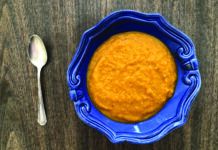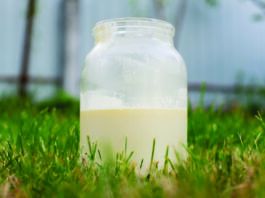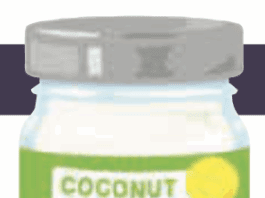Q: What foods are found to be good sources of vitamin K2?
Answer : Vitamin K comes in two main forms. K1, found in leafy green and cruciferous vegetables, makes up about 90% of our dietary vitamin K.
Q: I suffer from heartburn, and read an article that almonds might help. I...
Answer : We can find no published scientific research on almonds and heartburn (or GERD, gastroesophageal reflux disease)...
Q: Is there any advantage to supplementing daily protein by taking whey protein powder...
Answer : First, are you certain you really need more protein?
Q: I read in your newsletter (February) that the Institute of Medicine (IOM) used...
Answer : Bess Dawson-Hughes, MD, director of Tufts HNRCA Bone Metabolism Laboratory, replies...
Q: After reading the list of whole grain foods and refined grain foods in...
Answer : The lead researcher on that study, Nicola McKeown, PhD, a scientist in Tufts HNRCA Nutritional Epidemiology Program and program director of Nutrition Epidemiology at the Friedman School, explains...
Q: I have been using psyllium to clean out my system. Do you have...
Answer : Robert M. Russell, MD, professor emeritus at Tufts Friedman School, answers: From a nutrition point of view it is not so much an issue of cleaning out but rather to achieve regular bowel movements.
Q: Our local co-op has started carrying coconut palm sugar, saying it contains many...
Answer : Alice H. Lichtenstein, DSc, director of Tufts HNRCA Cardiovascular Nutrition Laboratory, says...
Q: You recently advised not to take more vitamin A than is in a...
Answer : Elizabeth Johnson, PhD, a scientist in Tufts HNRCA Carotenoids and Health Laboratory, replies, Vitamin A in supplements may come from retinol...
Q: My family is vegan, and we sometimes use faux meat products. Lately Ive...
Answer : Alice H. Lichtenstein, DSc, director of Tufts HNRCA Cardiovascular Nutrition Laboratory, responds, It depends on what has been added to the faux meats...
Q: There are many food products using the term natural. What does that really...
Answer : The term natural is being used a great deal-its a very popular trend in labeling- but it means absolutely nothing, says James E. Tillotson, PhD, MBA, professor of food policy and international business at Tufts Friedman School.
























